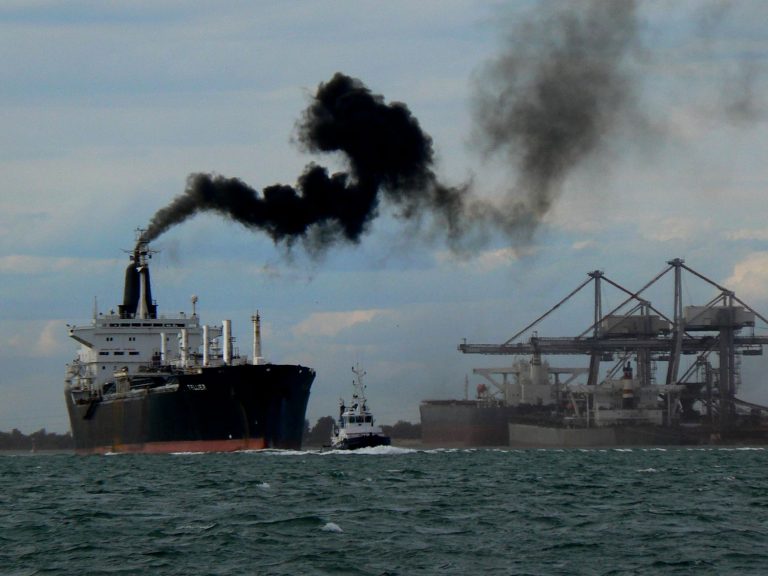
Date:
Making your supply chain carbon neutral
In an interview with the BBC, Maersk chief executive Soren Skou says greener shipping would cost the world’s biggest shipping lines billions of dollars and while he wants the consumer to pick up the bill, we think that low-cost action can be taken now to offset the carbon emission that shipping creates.
Shipping – which transports about 90% of global trade – is, statistically, the least environmentally damaging mode of transport and the industry, through the International Maritime Organization (IMO), is committed to reducing greenhouse gas emissions from ships by at least 50% by 2050.
In its latest reporting the IMO recorded 614 million tons of CO2 emissions by the global shipping industry in 2019, of which 30% (184 million tons) came from container shipping.
In 2019 the global container shipping fleet transported 170 million TEU, which equates to 1.08 ton per TEU, that could be offset in an appropriate carbon reducing programme for as little as $25-30.
For more accurate reporting, and to take other modes into account, we have developed an emissions tracking tool for our MVT platform that calculates offset options based on emissions per shipment, transport mode, routes and fuel types.
On 1st January 2020, a new limit on the sulphur content in the fuel oil used on board ships came into force. IMO 2020 limits the sulphurs in the fuel oil used on board ships operating outside designated emission control areas to 0.50% m/m (mass by mass) – a significant reduction from the previous limit of 3.5%.
Shipping lines installed ‘scrubbers’ to clean high-sulphur fuel, or switched to low-sulphur fuel, which shows the industry was ready to absorb a cost of $5.7 Billion for this, while carbon off-setting all containers shipped would cost iro $5.1 Billion.
All of the world’s leading carriers are investing in more environmentally friendly vessels, but it may not actually be until around 2050 that it is anticipated that we have an actual neutral fleet. Although his can be changed and influenced through responsible action and investment and brought forward.
Reducing sulphur emissions and developing green vessels is essential, but in principle Metro shippers could go neutral tomorrow.
We track CO2 emissions by shipment, mode, route and fuel type, using globally accepted standards and methodologies for measuring emissions. Although additional costs are attached to these initiatives it will deliver a measurable result. We are currently further developing the practices and processes that we have adopted over recent years to increase the ability to ‘go green’.
With standardised reporting, we provide a range of effective carbon offset options and our customers can review benchmarks, to compare carriers’ environmental performance to make informed buying decisions.
For further information, and to discuss your own concerns over this global issue, please contact Kevin Lake for further updates on the Metro approach and he will be delighted to discuss further and explain the detail.
